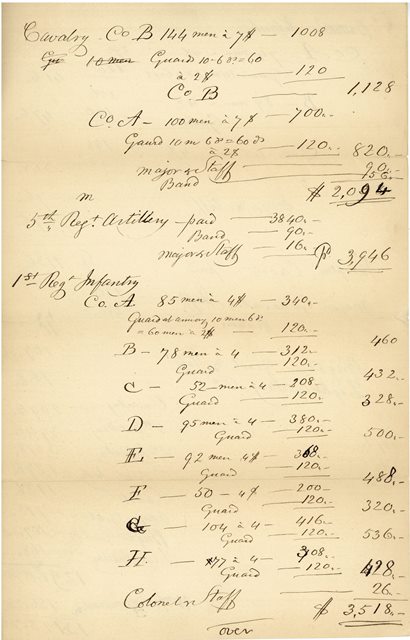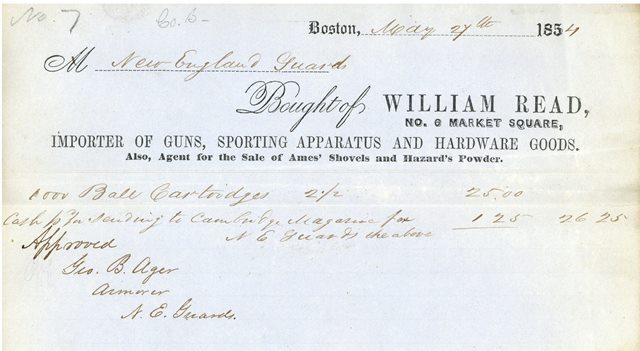Anthony Burns arrested #onthisday in 1854
On May 24, 1854, federal marshals in Boston arrested Anthony Burns, a fugitive from slavery. His arrest touched off protests across the City.
The Fugitive Slave Act of 1850, part of the Compromise of 1850, stated that all escaped enslaved people had to be returned to their owners and that all free states had to abide by this law. In Boston, federal authorities tested this new law in 1854 with the arrest of Anthony Burns.
Anthony Burns was born into slavery in Virginia. In 1853, he escaped to Boston, where he found work first at a pie company, and later at a clothing dealer. Shortly after arriving in Boston, Burns wrote a letter to his brother. The letter was intercepted by his owner Charles F. Suttle, who then traveled north to lay claim to Burns. After federal marshals captured Burns on May 24, Burns’s case went to federal court.
The trial led many Bostonians to question and protest the Fugitive Slave Act. The City erupted in protests against slavery in general and Burns's case in particular. A few days after Burns's arrest, abolitionists attempted to free him, using a battering ram to try to break into the federal courthouse. After this incident and other protests, the City was put under martial law. The documents pictured below give us a rough idea of the money and resources the government needed for the cavalry, troops, and ammunition needed to control the protesters.
On June 2, 1854, federal authorities escorted Burns to the ship that would return him to an enslaved life in Virginia. Thousands of Bostonians who opposed slavery lined the streets, booing, and hissing as the authorities took Burns to the ship.
After Burns's return to Virginia, the Twelfth Baptist Church in Roxbury raised money to free Anthony Burns. On February 22, 1855, a year after the trial, he returned to Massachusetts as a free man. He went on to study at Oberlin College and later became a Baptist preacher in Canada.



